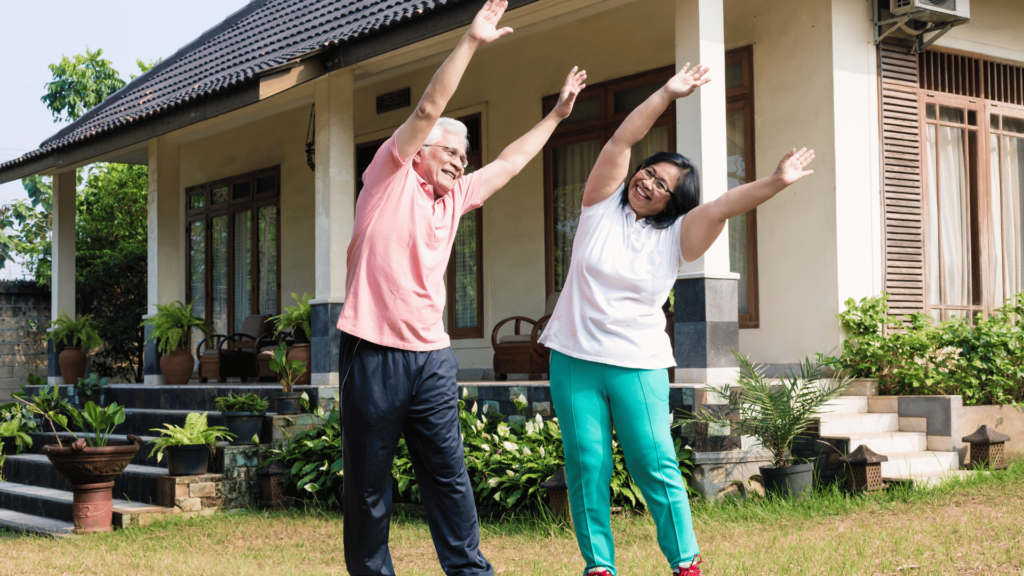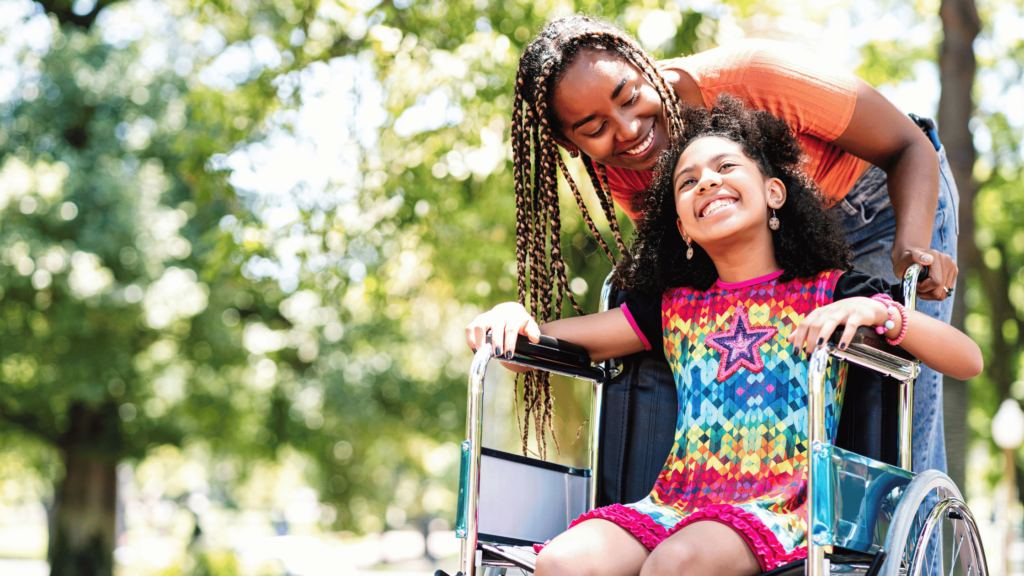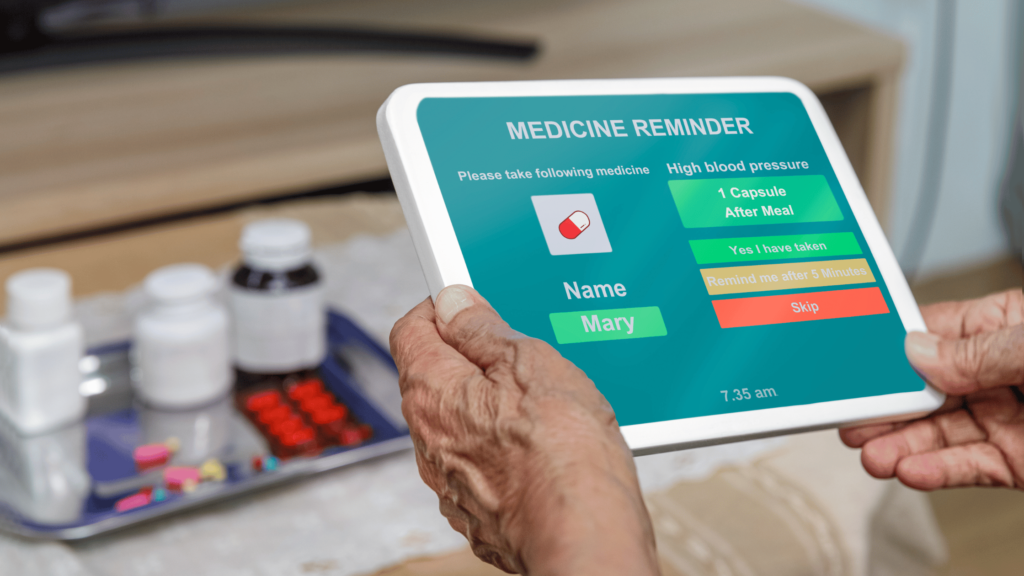There’s a critical need for seniors receiving home care to establish a daily routine to promote their overall well-being and maintain a sense of structure and purpose. A well-planned routine can improve physical health, enhance mental well-being, and prevent accidents or emergencies. Here, we will discuss the importance of creating a daily routine for seniors in home care, as well as provide useful tips and suggestions to help caregivers and family members implement one effectively.
Key Takeaways:
- Establish consistency: Creating a daily routine for seniors in home care helps establish consistency in their daily activities, promoting stability and security.
- Include meaningful activities: It is important to include meaningful activities in the daily routine that cater to the senior’s interests and preferences, promoting engagement and overall well-being.
- Flexibility is key: While creating a daily routine is important, it is also vital to allow for flexibility to accommodate the senior’s changing needs and preferences.
Understanding the Importance of Routine
Physical Health Benefits
Establishing a daily routine for seniors in home care can lead to numerous physical benefits. Regular meal times, exercise routines, and consistent sleep schedules can contribute to improved digestion, increased mobility, and better overall physical health.
Psychological Well-being
Routine plays a crucial role in the psychological well-being of seniors. It provides a sense of stability, predictability, and control in their daily lives. Knowing what to expect each day can help reduce anxiety, prevent feelings of isolation, and improve mood and mental health.
Social Interaction
Psychologically, social interaction is imperative for seniors in home care. Regular engagement with family members, caregivers, and friends can help combat feelings of loneliness and depression. It provides opportunities for meaningful connections, conversation, and emotional support.
The establishment of a daily routine is crucial for seniors in home care as it promotes physical health, psychological well-being, and social interaction. By incorporating regular activities, exercise, and meals, seniors can enhance their overall quality of life and maintain a sense of purpose.
Establishing a Balanced Daily Schedule
Morning Routines
One of the most important aspects of a senior’s daily routine is their morning rituals. These set the tone for the rest of the day and ensure they start their day on the right foot. Morning routines include activities such as waking up consistently, personal hygiene tasks, light exercises, and a healthy breakfast. Encouraging independence while providing necessary support is key in this process.
Afternoon Activities
Planning enjoyable afternoon activities is an important aspect of a senior’s daily routine. These activities can help maintain mental and physical well-being, preventing feelings of isolation and boredom. Engaging in social activities, hobbies, and gentle exercises can keep seniors active and improve their overall quality of life.
With careful planning and consideration of the senior’s preferences and abilities, afternoons can be filled with meaningful and enriching experiences. It’s important to create a well-rounded schedule that includes a balance of stimulating activities and relaxation time.
Adapting Routines to Individual Needs
Considering Health Conditions
The key to creating a successful daily routine for seniors in home care is to tailor it to their individual needs. All aspects of their health conditions must be taken into account when planning their daily activities. Whether they have mobility issues, chronic pain, or specific dietary requirements, these factors should be reflected in their routine to ensure their well-being and comfort.
Personal Preferences and Hobbies
When adapting routines for seniors in home care, it’s crucial to consider their personal preferences and hobbies. Needs may vary widely from person to person, so it’s important to incorporate activities that bring joy and fulfillment to their daily schedule. Whether it’s gardening, crafting, or listening to music, integrating their passions can enhance their quality of life and overall happiness.
This personalized approach can also help combat feelings of isolation and boredom, which are common challenges faced by seniors in home care. By incorporating activities they enjoy, caregivers can foster a sense of purpose and engagement, leading to a more fulfilling daily routine.
Implementing and Monitoring the Routine
For seniors in home care, having a daily routine can bring a sense of structure and stability to their day-to-day life. It can help them feel more organized, reduce anxiety, and promote better physical and mental health. If you’re unsure how to create a daily routine for a senior loved one, you can check out How To Create a Daily Routine to Benefit Seniors for helpful tips and insights.
Tools for Routine Management
To effectively manage the daily routine of a senior recieving home care services, caregivers can utilize various tools such as calendars, reminder apps, and task lists. These tools can help caregivers keep track of appointments, medication schedules, and daily activities, ensuring that the senior stays on track and receives the necessary care and support.
Adjusting the Routine as Needed
Tools for adjusting the routine as needed are crucial to meeting the senior’s changing needs and preferences. Caregivers can use regular assessments, feedback from the seniors, and communication with healthcare professionals to make necessary adjustments to the routine. Flexibility and adaptability are key components in providing the best care possible for seniors.
A Positive Impact for Seniors, Families, and Caregivers
On the whole, creating a daily routine for seniors in home care is crucial for promoting their overall well-being and quality of life. By incorporating activities and tasks that cater to their physical, mental, and emotional needs, caregivers can enhance their day-to-day experiences and ensure they receive the necessary care and support.
Establishing a structured routine can also help seniors feel more independent, engaged, and connected to the world around them. Customizing the routine based on each individual’s preferences, limitations, and abilities is important to maximize its effectiveness. Through consistency, patience, and compassion, caregivers can positively impact the lives of seniors under their care, fostering a sense of security and contentment in their daily lives.
FAQ
Q: Why is creating a daily routine important for seniors in home care?
A: Creating a daily routine for seniors in home care helps promote a sense of stability, structure, and purpose in their daily lives. It can also improve their overall well-being and mental health.
Q: How can I create a daily routine for a senior in home care?
A: When creating a daily routine for a senior in home care, consider their preferences, needs, and abilities. Establish set times for activities such as meals, medication, exercise, social interactions, and rest.
Q: What are some activities that can be included in a senior’s daily routine?
A: Activities that can be included in a senior’s daily routine include light exercise, cognitive activities such as puzzles or reading, social interactions with family or caregivers, hobbies, outdoor time, and relaxation activities.
Q: How do I help a senior transition to a new daily routine?
A: To help a senior transition to a new daily routine, introduce changes gradually, provide consistent reminders and cues, offer positive reinforcement, and involve the senior in the planning process to ensure their comfort and cooperation.
Q: What are the benefits of a well-structured daily routine for seniors in home care?
A: A well-structured daily routine can benefit seniors in home care by enhancing their physical and mental health, improving their quality of life, reducing their feelings of anxiety and depression, improving their sleep patterns, and bringing them a sense of security and comfort.






